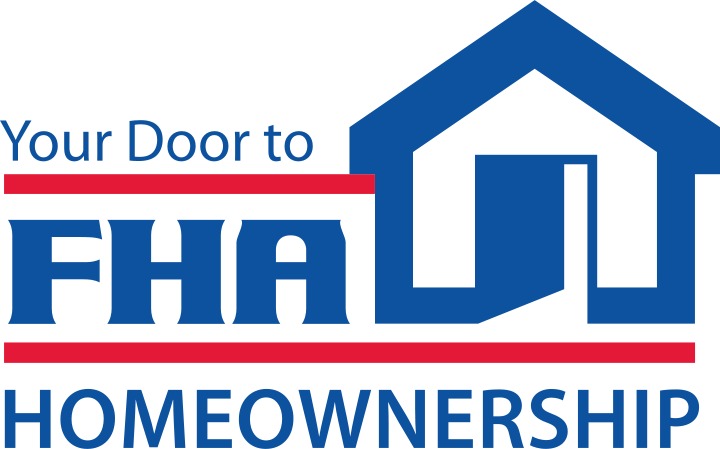
Legislation with a significant impact on the function of Department of Housing and Urban Development (HUD) rental assistance and public housing programs, Federal Housing Administration (FHA) requirements for condominium mortgage insurance, and Department of Agriculture (USDA) single family housing guaranteed loan programs passed the Senate on Friday. H.R. 3700 passed through the House of Representatives on February 2nd, so the legislation will be moving to the President’s desk for approval or veto. It passed both houses with broad bipartisan support—it received zero “No” votes. The legislation has been supported by the National Association of REALTORS® (NAR), the California Association of Mortgage Professionals (CAMP), and other professional organizations involved with the real estate industry.
Below we have highlighted the key impacts this legislation will have if the president signs it into law (the full text and summary of the impacts of the bill can be found here).
What Could Change with HUD
As may be expected, HUD’s Section 8 housing voucher program (and any other family rental assistance programs) is subject to change. Public housing agencies (PHAs) that administer the program would have new expectations to develop systems to review the incomes of families receiving assistance. This includes annual review or any time income and deductions are expected to increase by 10%. Tenancy must be terminated or the greater of “fair market rent or the amount of the government subsidy for the unit” in the event a tenant’s income is “greater than 120% of the area median income for two consecutive years”.
PHAs are also prohibited from renting a dwelling to or assisting a family with “net family assets exceeding $100,000 (adjusted for inflation) or an ownership interest in property that is suitable for occupancy”. The exception is “victims of domestic violence, individuals using housing assistance for homeownership opportunities, or family that is offering a property for sale”.
PHAs are also prevented from using more than 20% of their authorized units for project-based vouchers (PBVs; meaning assistance tied to the housing unit not the tenant, like a Section 8 voucher). The exception is an additional 10% for PBVs targeting the homeless, veterans, the elderly, disabled, or for “units in areas where vouchers are difficult to use due to market conditions”.
There are many more changes to the technical functioning of these programs that affect the business of some real estate professionals, but for the sake of brevity we will not summarize the rest of these potential modification here.
What Could Change with FHA
H.R. 3700 would require the FHA to “make recertification substantially less burdensome than original certifications” for condominium mortgage insurance.
The FHA would also have to issue guidance “regarding the percentage of units the must be occupied by the owners…in order for a condominium to be eligible for FHA mortgage insurance”. If the FHA does not issue this guidance within 90 days of the bill being signed into law, the default eligibility requirements would be 35% or more of all family units occupied by the owners or sold to owners who intend to see the occupancy requirements, down from 50%. The FHA would be allowed to adjust afterwards to consider “factors relating to the economy” of the area.
What Could Change with USDA
The Housing Act of 1949 would be amended to permit the USDA to grant preferred lenders its “loan approval authority for the Rural Housing Service’s single family housing guaranteed loan program”. The USDA will be allowed to charge lenders a fee of up to $50 per loan to use the USA’s automated underwriting systems for the program.
Industry Opinions
The legislation was supported by the National Association of REALTORS®, California Association of REALTORS®, California Association of Mortgage Professionals (CAMP), and more. In an email sent on July14th, CAMP states that the legislation “provides significant benefits to taxpayers, homebuyers and the real estate market” through removing a “burdensome and expensive FHA Condo approval process” and reducing “FHA restrictions on the number of condos available to homebuyers.” They also describe the impact on the Rural Housing Loan Service processing as “permanently streamlining”. Tom Salomone, president of NAR, states that “This legislation will put homeownership in reach for more families” and NAR asserts that condominiums “are among the most affordable homeownership potions for first-time homebuyers, as well as lower income borrowers”. This condominium affordability is important, especially when juxtaposed with the assertion of the California Association of REALTORS® that only “10 percent of condominiums nationwide have made it through the burdensome, time-consuming, and expensive FHA-approval process”.
We are dedicated to education and policies that lead to a healthy real estate industry and the general well-being of those seeking housing. This bipartisan bill is a rare chance to make the industry more efficient and open up more housing opportunities to more people. The impacts on the FHA condominium approval process are particularly promising. Broader access to these units incentivizes new housing developments that are necessary to combat the increasingly high cost of housing throughout California and the United States.
Understanding DRE Form RE 226: How to Verify Your Experience for a California Broker’s License
AB 1033, Explained for California Agents: How Separate-Sale ADUs Actually Work
The Hidden Risk in Choosing a Real Estate School
What’s the Perfect Age to Get Your Real Estate License? (It Might Surprise You)
Should You Get a Real Estate License? A Self-Assessment Guide

Founder, Adhi Schools
Kartik Subramaniam is the Founder and CEO of ADHI Real Estate Schools, a leader in real estate education throughout California. Holding a degree from Cal Poly University, Subramaniam brings a wealth of experience in real estate sales, property management, and investment transactions. He is the author of nine books on real estate and countless real estate articles. With a track record of successfully completing hundreds of real estate transactions, he has equipped countless professionals to thrive in the industry.